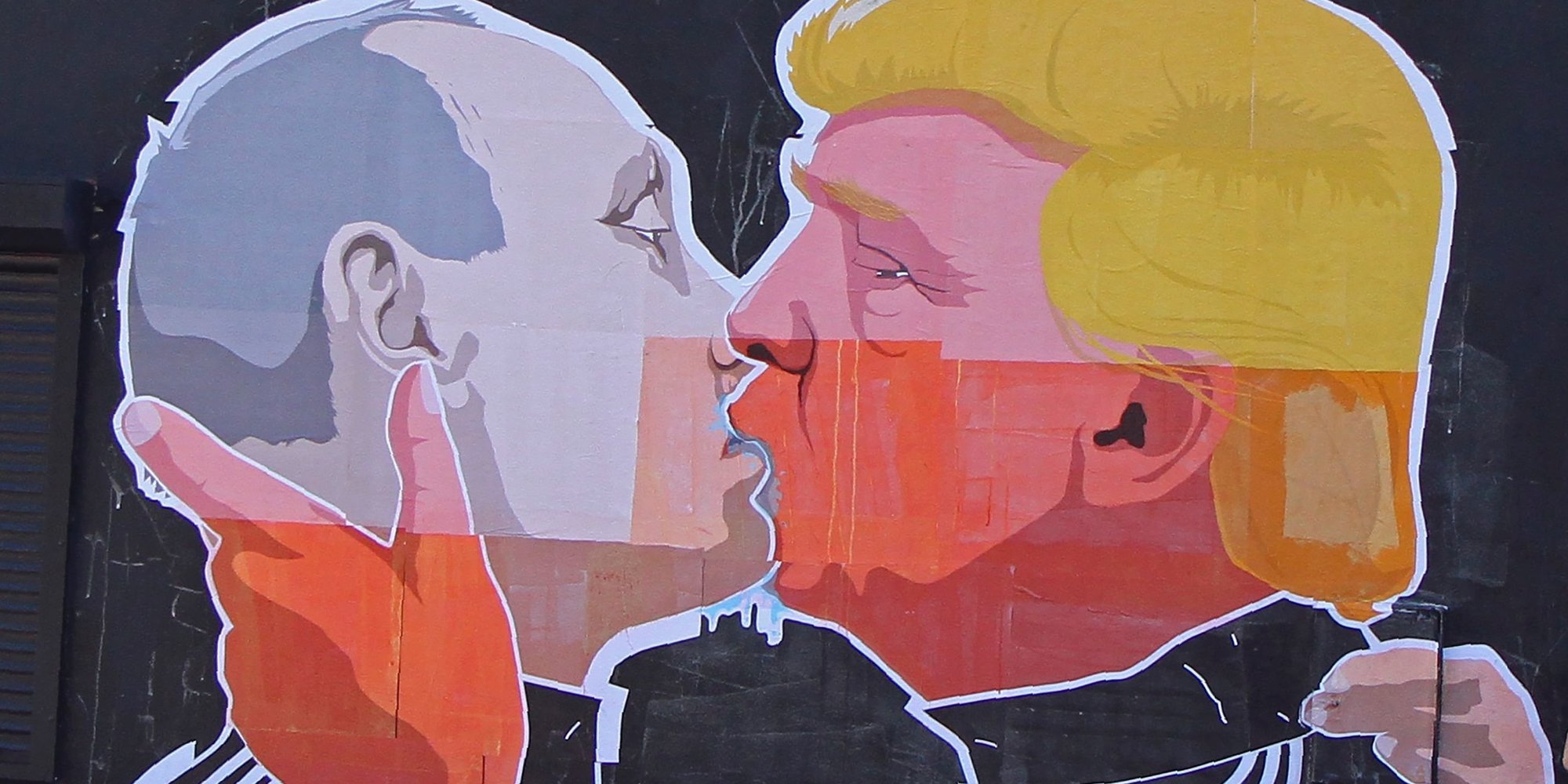We need to change.
Russia’s mischief with the US elections is just the latest in a litany of misevents enabled by digital disruption, with its “it’s all in the headline” social media; a lack of critical thinking by both the media and the reader; where “trend is truth”; and where we end up less informed, and more impulsive.
These also contributed elsewhere to Trump’s surprise election, Brexit, and more. And we can expect the surprises to escalate this year. Already it may have contributed to the paralysis to progress how the UK is going to actually exit the EU, as politicians lose confidence that what worked in the past will in the future. It’s expected to impact the French and German elections, and continue to plague Washington. No leader is spared.
It’s clear our politicians, and us as a society, are not adjusting nimbly enough to the disruption happening around us.
But is it just politicians to blame? It’s clearly beyond them, or if not the individuals, the slowness of our political systems, to adapt. It’s an era that favours dictators.
We can’t keep doing what we do and expect a different outcome.
There are three sectors that are traditionally expert at change: politicians, the media, and more in the background, us PR folk.
Journalists
Take the Russians interfering with the US – spy-games on steroids – as an example. The former traditional journalist in me says, dig for the truth, at the same time reporting what happens, particularly: Trump’s handing of the situation; the Republicans’ chaotic responses to Trump; the public mood (demonstrations etc); the Russians’ next misstep. It’s an important story. It’s great journalism.
But my contention is that, reading the stories linked below, there’s a missed opportunity for otherwise nimble newsrooms to reach a wider audience, with information readers want. Instead of just angling on what’s wrong, also focus on solutions. I say people want that, not just the negatives. Newspapers have moved in this direction, somewhat, since the disruption occurred starting at the turn of the century, with more emphasis on commentators. But maybe it’s not enough.
Journalists are not here to do public good; they are here to ensure the ‘Public’s Right to Know.’ And in addition, when there’s a lot of news around, as there is now, editors have to cut tight – I get that. But there’s no harm if the outcome also gives politicians a bit of sound advice on what they should do (instead of what they’ve done wrong) from senior journalists with a depth of wisdom – especially if it also sells more newspapers.
PR professionals
Again staying with spy-games: PR serves a different purpose to journalism. The traditional PR person works behind the scenes to solve the problem: advises Trump how to achieve change and not be a fool; advises politicians to prepare the public that spy-mischief, and other games, may be the new normal; find a way to stop similar events recurring, probably by some diplomatic/trade sanction response against the Russians.
(Incidentally, unlike journalists, for PR people, the truth behind an allegation is secondary, because perception is what matters – perception, says any traditional PR guru, is reality.)
But again, maybe playing behind the scenes is not enough. If we’re so good at solving these problems, why aren’t we out front in social media and elsewhere proffering solutions, and pressuring politicians in public, into proactivity.
I actually see the PR sector’s misstep as more serious. PR (mostly) owns social media. Social media, for all the positives is failing us all in critical areas, with fake news being just one example. So the PR guardians have let us down. Obama stressed in his Chicago farewell speech we need to work at democracy – it’s precious. So now accuracy with truth and facts is important. To get us out of the fake news mess, perception must be linked to accuracy, truth & facts. PR people need to lift their game.
So my contention is:
- PR people need to develop more critical awareness of the consequences of what we do
- We need to do more to emerge from the shadowy background and start contributing to public debate.
- The social media publishers, Google, Facebook, etc, need to be held to account, to the same standards as traditional media outlets.
My pitch is to be proactive, and lead change, not follow. The best way to manage transformation is to create the change, not wait of it to happen around us.
Reading:
www.washingtonpost.com/opinions/obamas-moving-farewell-trumps-terrifying-hello
www.washingtonpost.com/has-western-democracy-become-unstable
http://www.nytimes.com/was-buzzfeed-right-to-publish-accusations-against-donald-trump
https://www.theguardian.com/can-democracy-survive-the-fourth-industrial-revolution-should-it?





